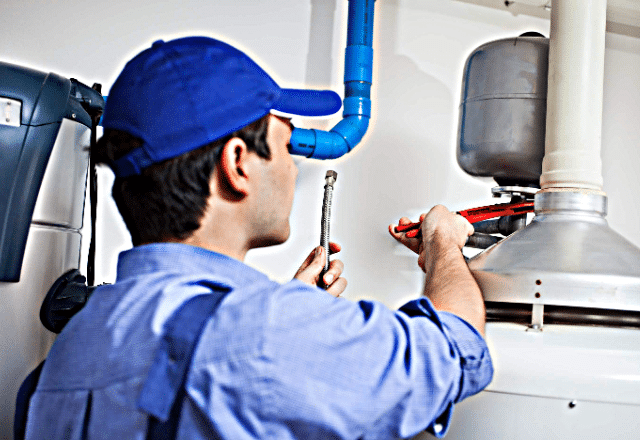
In the realm of home maintenance, the repair and upkeep of water heaters are pivotal for ensuring both the comfort and the functionality of your home. Whether it’s a traditional water heater or a more modern tankless unit, the importance of having a reliable source of hot water cannot be overstated. However, when it comes to water heater repair, homeowners often find themselves at a crossroads: should you attempt a DIY fix or call in a professional? This comprehensive guide explores the intricacies of both DIY and professional water heater repair, helping you make an informed decision that’s right for you.
Before diving into the nuances of heater repair, it’s essential to understand the types of water heaters commonly found in homes:
Each type has its unique maintenance and repair needs, influenced by factors like water quality, water pressure, and energy consumption.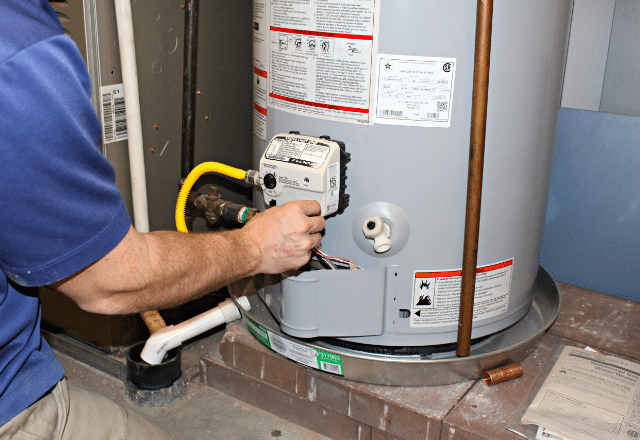
Water heater issues can range from minor inconveniences to major disruptions in daily life. Common signs of trouble include:
Understanding these common issues can help you identify when you need repair services.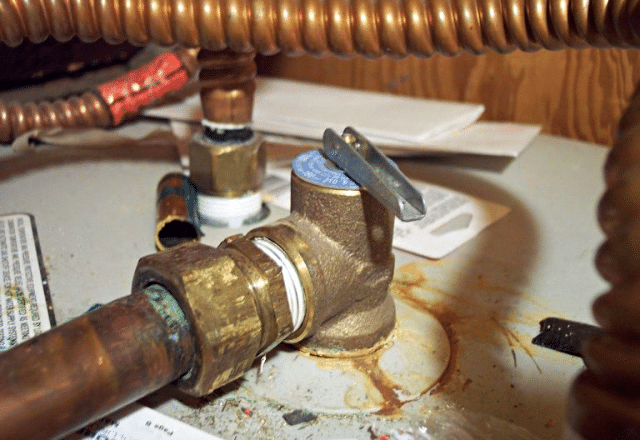
For the hands-on homeowner, DIY repairs can be a tempting option. Here’s what you need to consider:
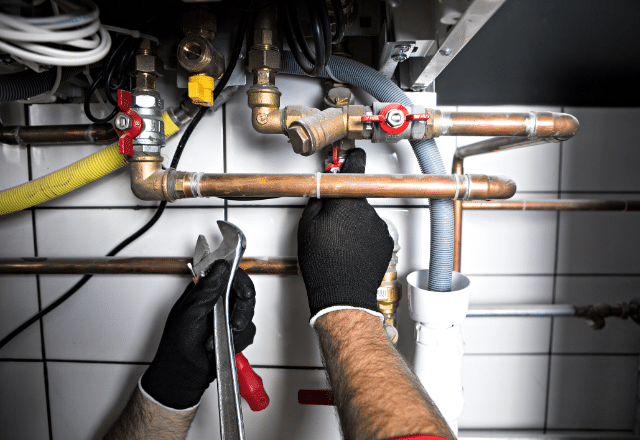
While DIY can be rewarding and cost-effective for minor issues, there are situations where professional services are necessary:
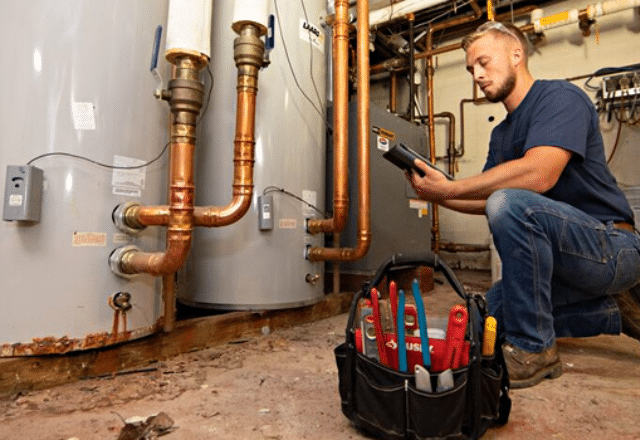
Whether you choose DIY or professional services, regular maintenance is key to ensuring efficient operation and prolonging the lifespan of your heater. This includes tasks like flushing the tank, checking the pressure relief valve, inspecting for leaks, and scheduling annual inspections by expert technicians.
The decision between DIY and professional water heater repair comes down to a balance of skills, cost, time, and safety considerations. For simple tasks and regular maintenance, DIY can be a practical and rewarding approach. However, for more complex issues, especially those involving gas water heaters, tankless systems, and electrical components, professional repairs are often the safer and more efficient choice. Remember, the goal is not just to fix immediate problems but to ensure the ongoing reliability and efficiency of your water heater system.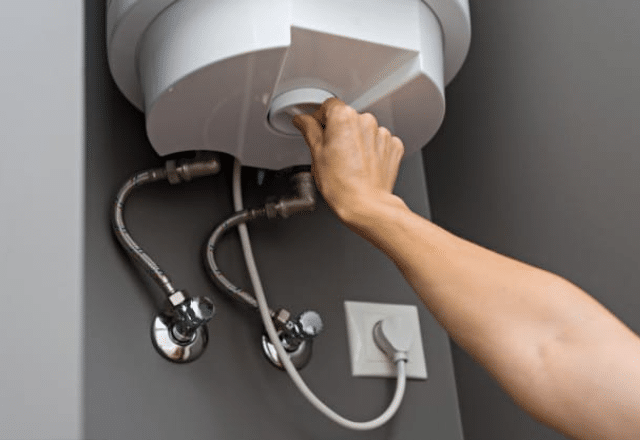
Question: What are the warning signs that indicate my water heater needs repair?
Answer: Key warning signs include inconsistent water temperature, unusual noises like banging or rumbling, visible rust or corrosion on the unit, water leaking around the base of the heater, and a noticeable decrease in the efficiency of your hot water supply. If you encounter these issues, it’s advisable to consult an expert plumber to diagnose and address the problem.
Question: How often should I schedule maintenance for my conventional tank-based water heater to ensure its longevity?
Answer: For conventional tank-based units, a yearly maintenance schedule is typically recommended. This maintenance should include tasks like flushing the storage tank to remove sediment, checking the pressure release valve and thermostat, inspecting for any signs of wear or leaks, and ensuring the heating element is functioning correctly. Regular maintenance not only prolongs the life of the unit but also maintains its efficiency and safety.
Question: Can tankless water heaters handle the hot water demands of a large household?
Answer: Yes, tankless heaters, designed for continuous flow, are capable of meeting the hot water demands of large households. They heat water on demand, ensuring an endless supply. However, it’s crucial to choose a unit with the appropriate capacity for your household’s needs. Expert plumbers can assess your hot water usage and recommend a tankless heater with the right flow rate.
Question: What are the benefits of Drain Valve and Pressure Release Valve repairs on my water heater?
Answer: Repairing or replacing the drain valve ensures your heater can be efficiently and safely drained, which is crucial for removing sediment and performing regular maintenance. Fixing the pressure release valve is vital for safety, as this valve prevents pressure build-up in the tank that could lead to dangerous conditions. Both repairs are essential for the proper operation and safety of your water heater.
Question: What should I consider when deciding between repairing my current unit and purchasing a new water heater?
Answer: Consider factors like the age of your current unit, frequency and cost of past repairs, energy efficiency, and upfront pricing of a new unit versus the cost of ongoing maintenance and repairs. If your unit is old and repairs are becoming frequent and costly, investing in a new, more energy-efficient model might be more economical in the long run. Consulting with expert technicians can provide you with a clearer understanding of the best option for your specific situation.
Affordable water heater options and low cost water heater replacement services are available for those on a budget. When looking for the cheapest water heater installation near you, it’s important to balance cost with quality. Some companies offer cheap hot water heater repair services, which can be a good option for minor issues. For reliable and professional water heater services, consider contacting 5 Star Plumbing. Our team of experienced technicians specializes in both repair and installation of various water heater types. We pride ourselves on offering competitive pricing without compromising on quality, making us a go-to choice for affordable water heater solutions in the area. Whether you need a quick repair or a full replacement, 5 Star Plumbing is committed to providing efficient, cost-effective services tailored to your specific needs.
I bring over 9 years of dedicated plumbing experience to the table. As a seasoned professional in the plumbing industry, I've tackled a wide range of projects, from residential repairs to large-scale commercial installations.

